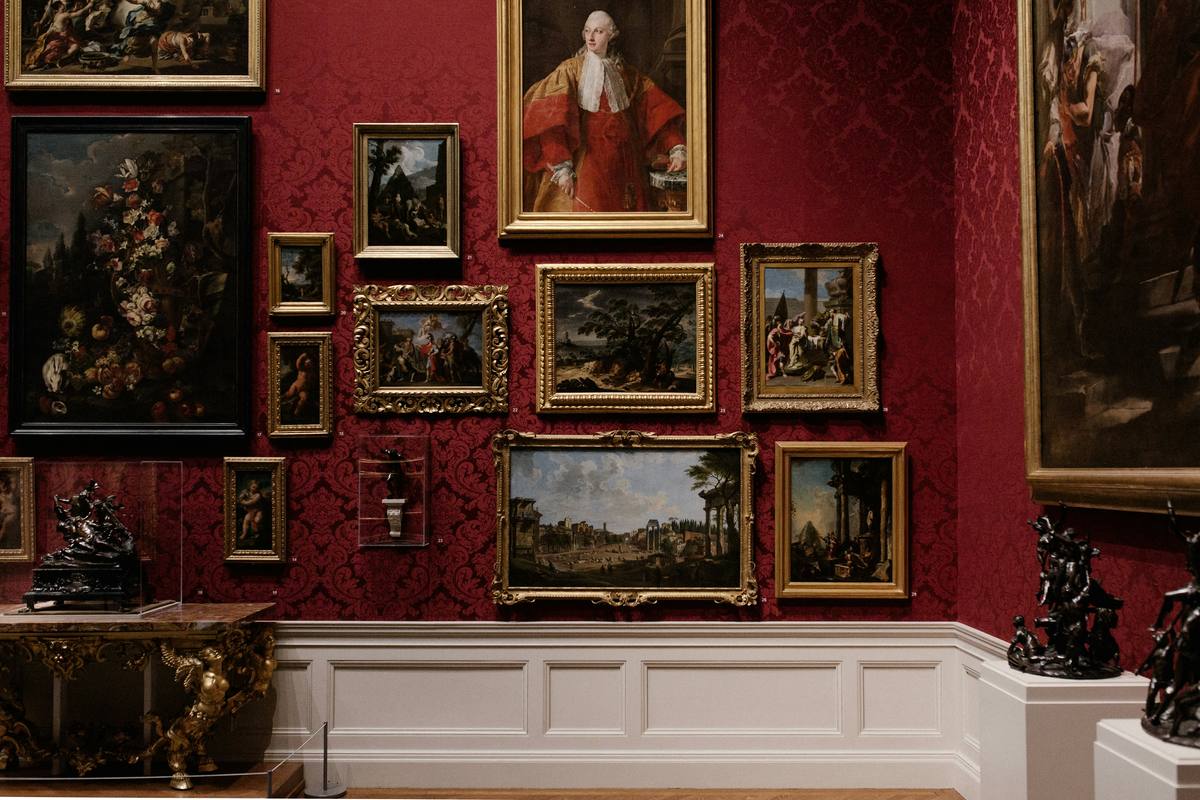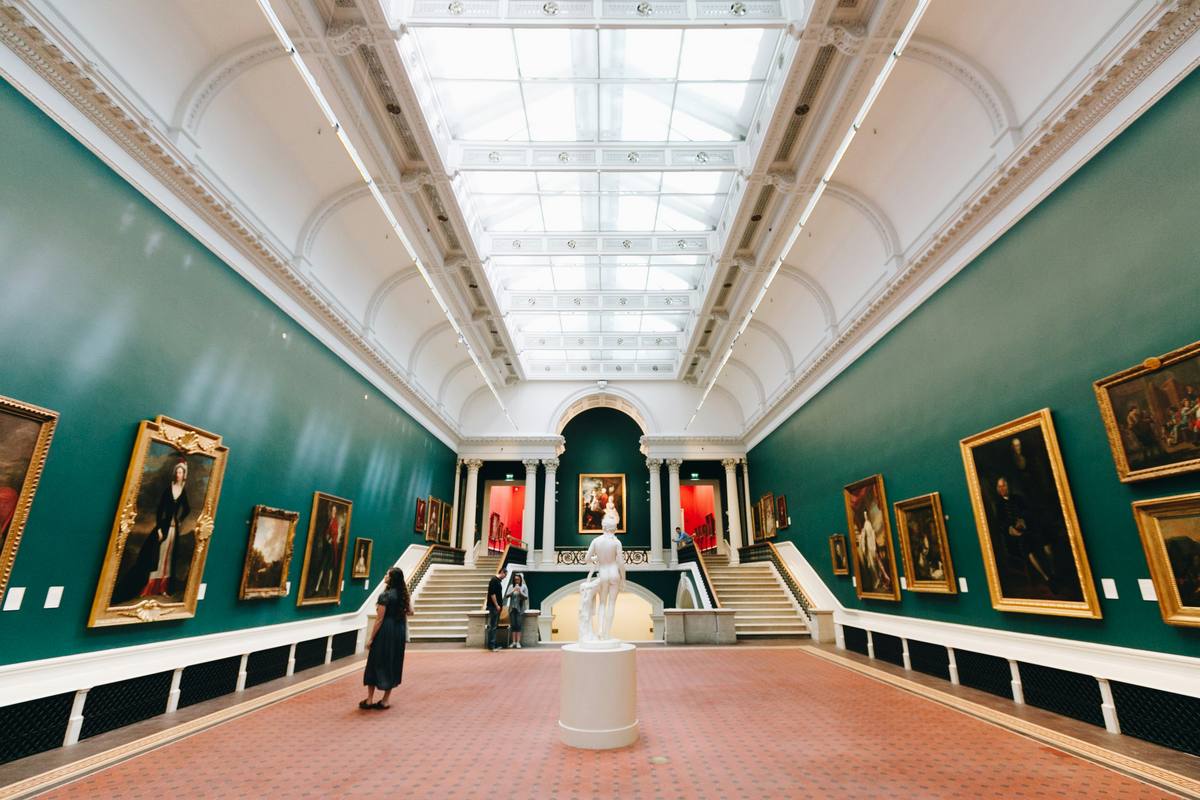Embarking on the Journey of Starting a Museums Business
Kickstarting a Museums business is an exhilarating venture that beckons the passionate and the visionary. It's not merely about showcasing artifacts or artworks; it's about crafting an immersive storytelling experience that resonates with your audience. The first step involves deep market research to understand what unique angle your museum can offer, distinguishing it from competitors. Then, curating a collection that captivates and educates becomes your mission. Crucial too is finding the perfect location, one that's accessible yet capable of accommodating your thematic visions splendidly. Remember, your goal is to create an unforgettable journey, so every detail must echo the essence of your mission.
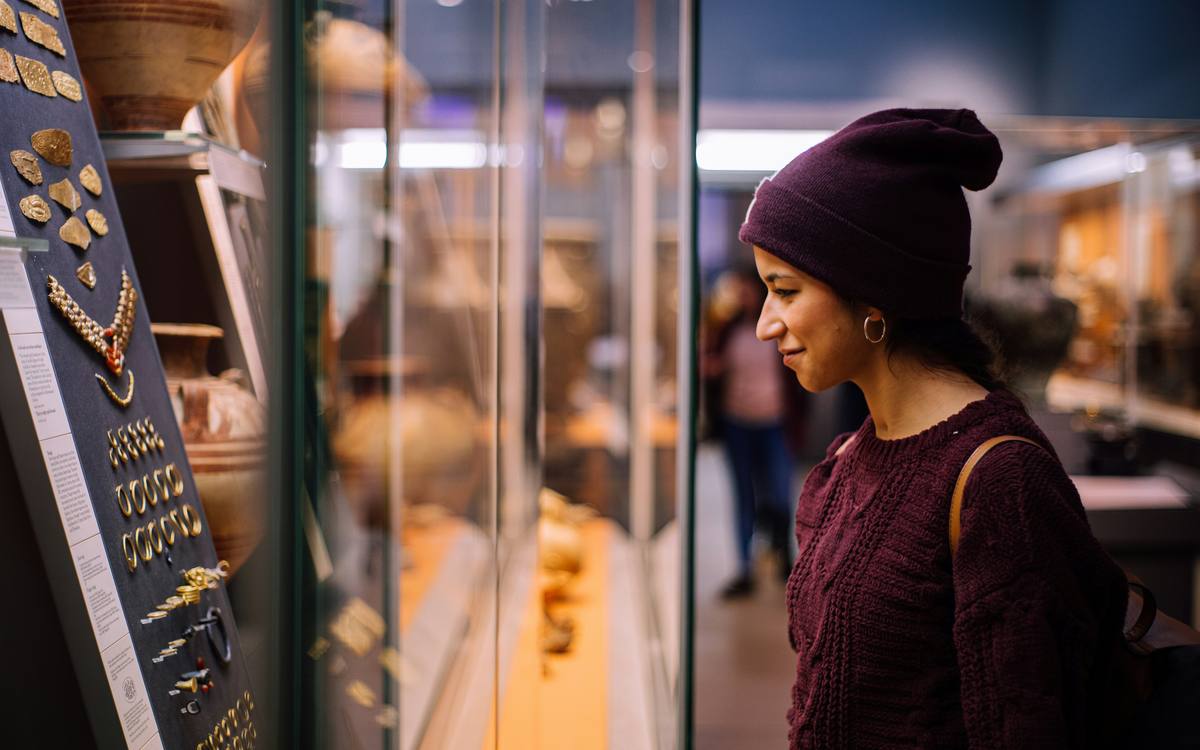
The Challenge of Funding
One of the most daunting challenges when figuring out how to start a museum is securing enough funding. Museums, by their nature, are expensive ventures. They require not just initial capital for setup but also ongoing funds for operations, exhibitions, and maintenance. Finding investors or grants willing to support such an endeavor can be tough. You need a solid business plan that demonstrates both cultural and economic value.
Finding the Right Location
Location is everything in the museum business. It's not just about finding a place with enough space but also considering foot traffic, accessibility, and relevance to the theme of your museum. The perfect spot might not be affordable, and affordable spots might not bring in the visitors you need. This balancing act requires thorough research and negotiation skills. Sometimes, a less ideal location can work if you leverage marketing strategies correctly.
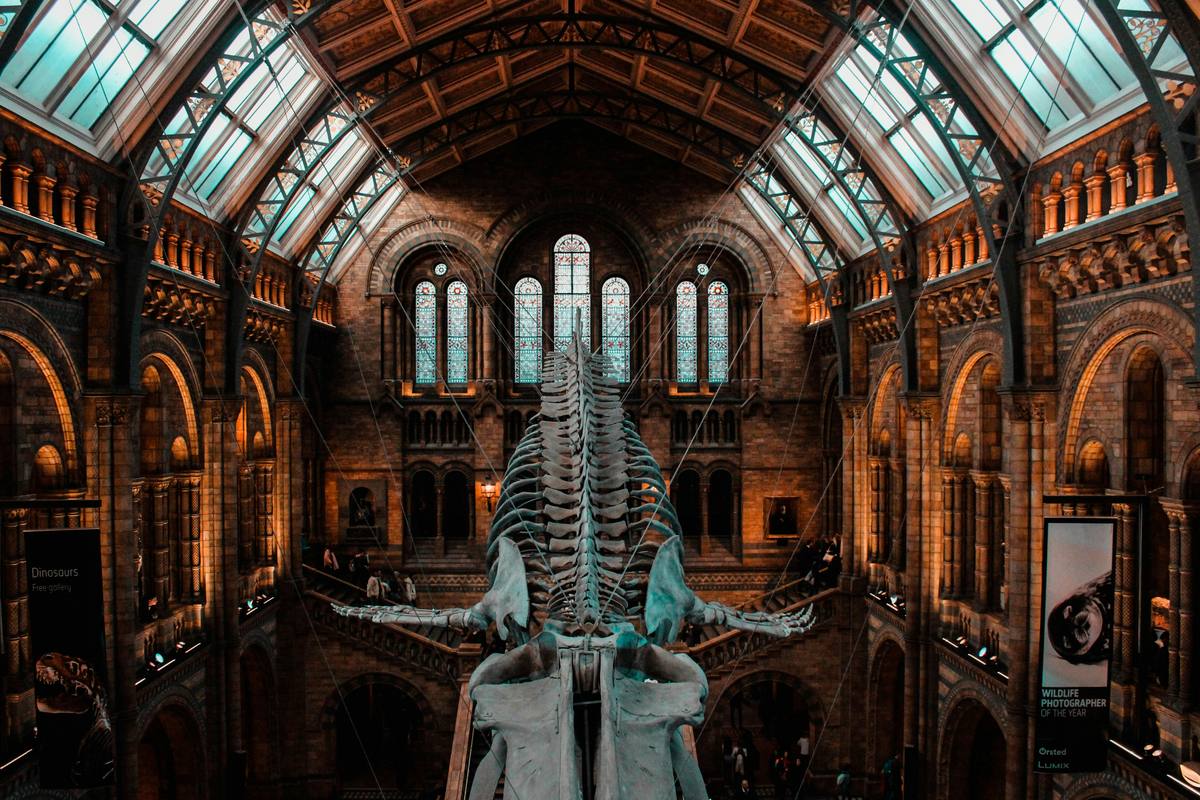
Building an Engaging Collection
Your collection is the heart of your museum. But building an engaging collection that attracts and educates visitors is easier said than done. It's not just about having rare items; it's about storytelling and how each piece connects to another. This process involves meticulous planning and often navigating the complex world of acquisitions and loans. Curating a collection that resonates means understanding your audience deeply.
Implementing Cutting-Edge Technology
In today's digital age, integrating technology into your museum isn't optional--it's expected. Visitors look for interactive exhibits that enhance their learning experience. From virtual reality tours to interactive displays, technology can bring your collections to life in new and exciting ways. However, this requires significant investment in both hardware and software. Plus, you need to keep updating technology to stay ahead of the curve.
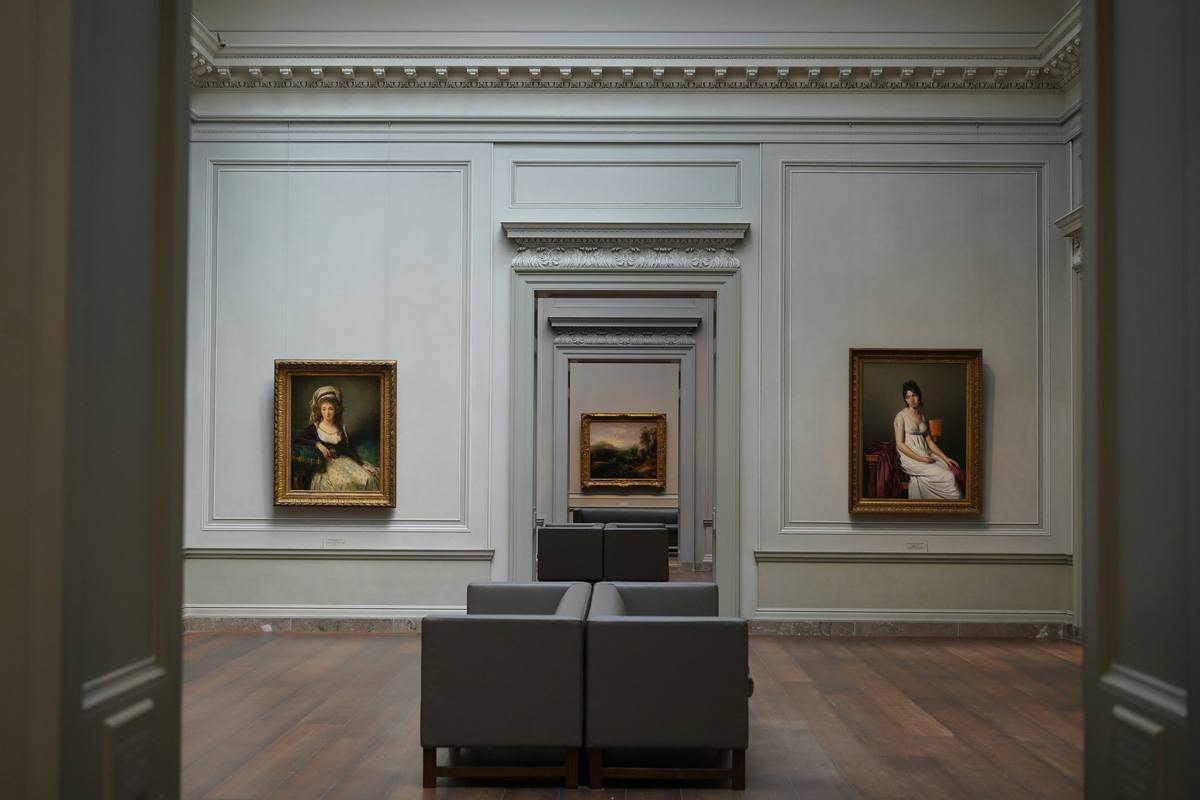
Marketing Your Museum
Having a fantastic museum is one thing; getting people through the door is another challenge entirely. In today's saturated market, standout marketing strategies are crucial. This involves everything from social media campaigns to partnerships with schools and local businesses. Understanding your target audience and how best to reach them is key to effective marketing. And remember, word-of-mouth can be incredibly powerful, so aim to create unforgettable visitor experiences.
Boost campaigns with 250+ editable templates. Save, reuse, and wield design tools for business growth.
Try it for FREE!Maintaining Relevance Over Time
Museums must evolve to stay relevant in an ever-changing cultural landscape. This means continuously updating exhibits, hosting events, and engaging with community issues. Staying relevant also involves listening to feedback from visitors and being open to change based on what you hear. It's a delicate balance between preserving heritage and innovating for the future. Achieving this balance is essential for long-term success.

Navigating Legal Requirements
The legalities involved in starting a museum are complex and vary greatly depending on location. From acquiring the necessary permits to copyright considerations for exhibits, there's a lot to navigate. Ensuring compliance with all local laws and regulations is critical to avoid costly penalties or shutdowns. Seeking legal advice early on is advisable to mitigate potential risks. This groundwork may not be glamorous but it's absolutely necessary for smooth operations.
Leveraging Design Tools Like Desygner
In setting up any part of your museum--be it exhibitions or marketing materials--the design plays a crucial role in telling stories effectively and engagingly. That's where tools like Desygner come into play; they're invaluable for creating professional-looking designs without needing a dedicated designer on staff full-time. With features tailored for ease of use yet powerful enough for detailed design work, Desygner can help bring your vision to life across various touchpoints--from brochures to exhibit labels--all while keeping costs down. Utilizing such tools smartly can indeed make a difference in presenting your collections in the best light possible.
## The Significance of a Strong Start for Museum BusinessesStarting a museum business is no small feat. It requires a deep passion for culture and history, coupled with the savvy to navigate the complexities of establishing a successful entity in the arts and culture sector. The initial phase--how you start--lays the foundation for your museum's trajectory, influencing its sustainability, growth, and impact on the community. Let's dive into why getting off on the right foot is not just important but critical for museum businesses.### Laying a Robust FoundationThe beginning stage is all about laying a solid foundation. A well-thought-out startup process ensures that every aspect of the museum, from its mission statement to its operational logistics, is meticulously planned and aligned with long-term goals. This meticulous planning helps in avoiding costly mistakes and ensures that resources are allocated efficiently, setting the stage for streamlined operations and a focused approach to achieving the museum's objectives.### Building Strong Community TiesStarting correctly also means engaging with the community from the get-go. Museums are not isolated entities; they thrive on community interaction and support. By initiating strong outreach programs, collaborative projects, and inclusive events right from the start, a museum can solidify its place within the community it serves. This early bond not only fosters goodwill but also helps in building a loyal visitor base eager to support and advocate for the museum.### Establishing Credibility and TrustIn the world of museums, credibility is currency. A stellar starting strategy encompasses clear communication of your vision, values, and what sets your museum apart. This transparency builds trust among stakeholders, donors, and the broader public. With a strong start that emphasizes integrity and professionalism, your museum can quickly establish itself as a trustworthy institution worthy of support and collaboration.### Sparking Innovation and CreativityA dynamic startup phase encourages innovation and creativity. When you begin with openness to new ideas and an eagerness to explore unconventional avenues--be it in exhibit design, educational programming or audience engagement--you create an environment where creativity flourishes. This forward-thinking approach can differentiate your museum in a crowded field, attracting visitors looking for fresh and exciting experiences.### Ensuring Financial HealthFinally, how you start significantly impacts your museum's financial sustainability. Effective initial planning includes developing diverse revenue streams, from admissions and memberships to grants and merchandise. By setting up robust financial strategies early on, you ensure that your museum has the resilience to weather economic fluctuations and invest in future growth.In conclusion, starting a museum business in the right way is crucial for its success. It sets a positive tone that influences everything from community engagement to financial stability. A strong start empowers museums to fulfill their mission effectively while ensuring they remain vibrant cultural landmarks for years to come. With careful planning, ethical practices, and an innovative spirit from day one, your museum can become an indispensable treasure within its community--a beacon of education, inspiration, and collective memory.
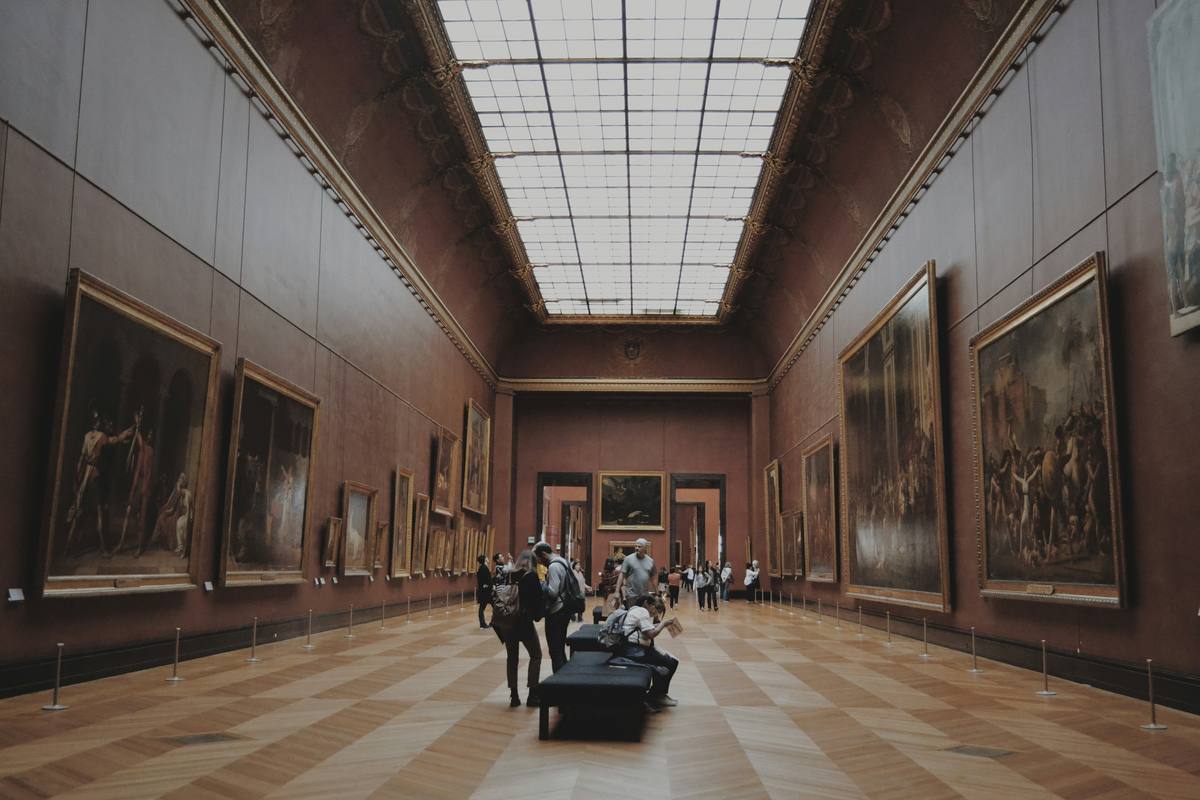
Wrapping It Up: Launching Your Museum Business Successfully
Embarking on the journey to start a museum is both an exciting and challenging venture. It's a path that requires meticulous planning, passion for culture and history, and an unwavering commitment to education and preservation. We've outlined key strategies to help you on your way, but remember, the most successful museum founders are those who continuously learn and adapt.
Firstly, understanding the importance of a solid business plan cannot be overstated. It's not just about securing funding; it's about having a roadmap for your museum's future. This includes identifying your niche, understanding your audience, and setting clear, achievable goals. Moreover, engaging with your community and building partnerships will not only enrich your museum's offerings but also ensure its relevance and sustainability.
Digital presence is another pivotal aspect of modern museum management. From creating an interactive website to leveraging social media channels for marketing, these tools are indispensable in today's digital age. They provide platforms to tell your museum's story, showcase exhibits, and engage with a global audience.
- Develop a comprehensive business plan
- Identify your unique value proposition
- Foster community engagement and partnerships
- Embrace digital marketing strategies
- Utilize social media for brand awareness
- Create a user-friendly website
- Invest in quality exhibit design
- Leverage Desygner for professional marketing materials
To conclude, starting a museum business is no small feat--it demands dedication, strategic planning, and a passion for sharing knowledge. However, by following the guidelines we've discussed and utilizing resources like Desygner for your marketing needs, you are well on your way to creating a museum that educates, inspires, and stands the test of time. We encourage you to sign up at Desygner and embark on this rewarding journey.
